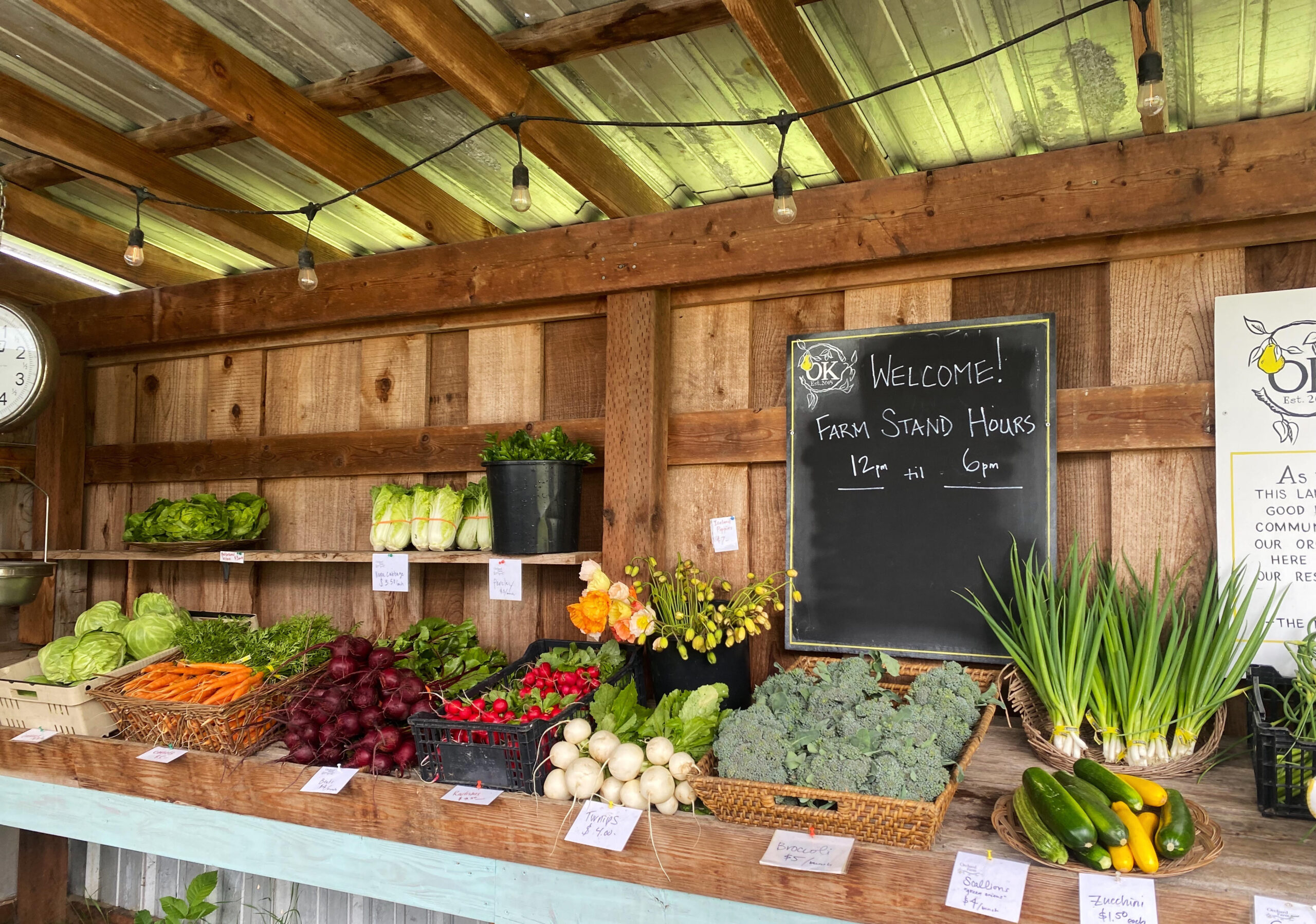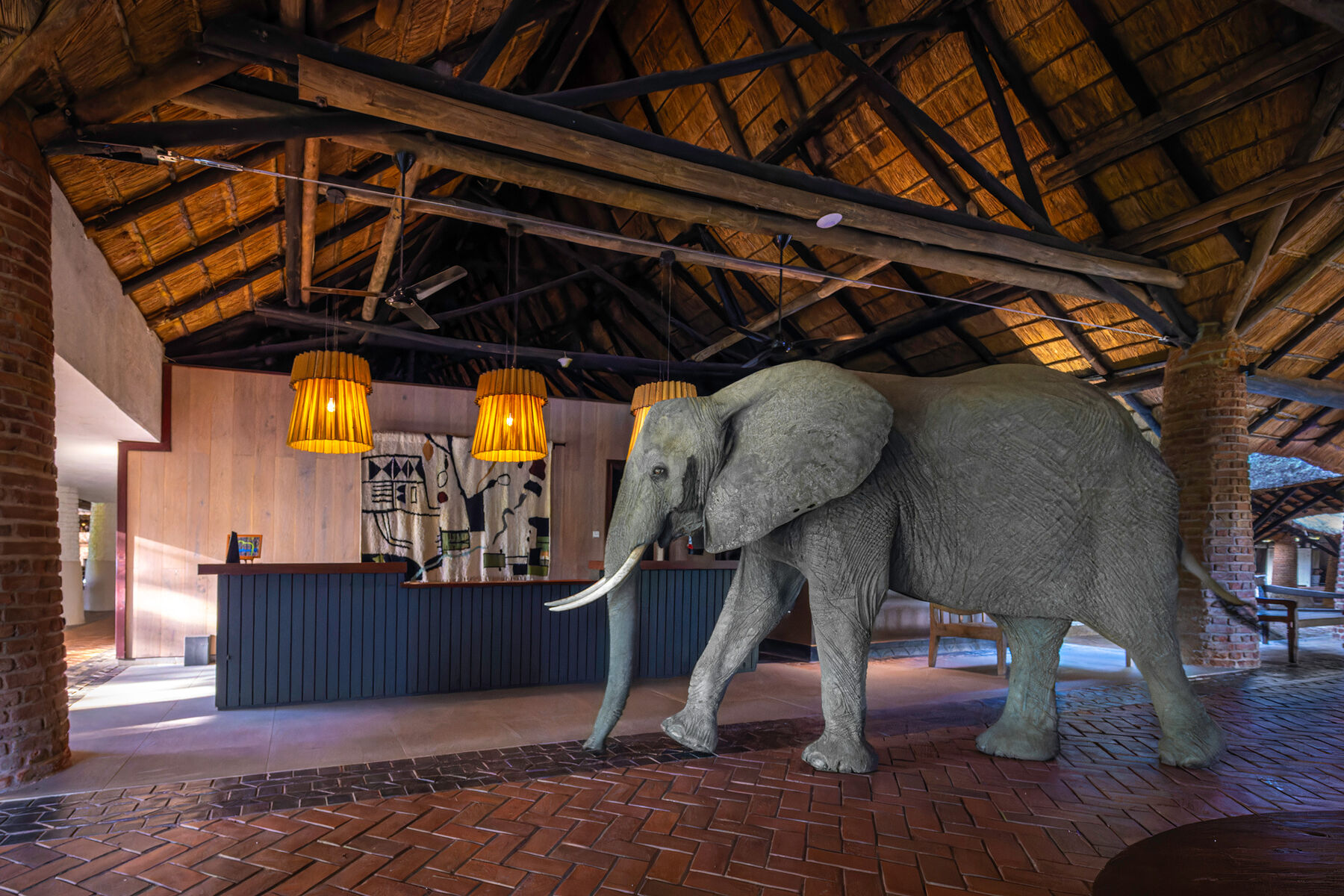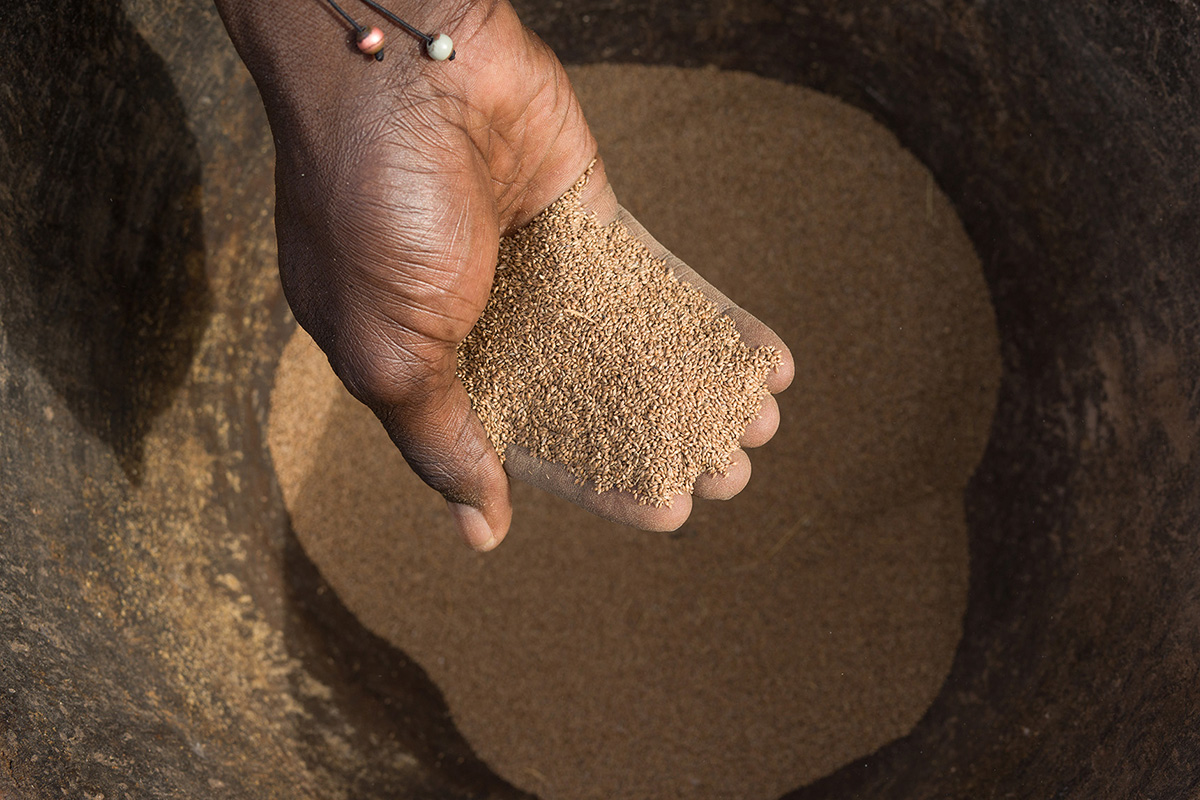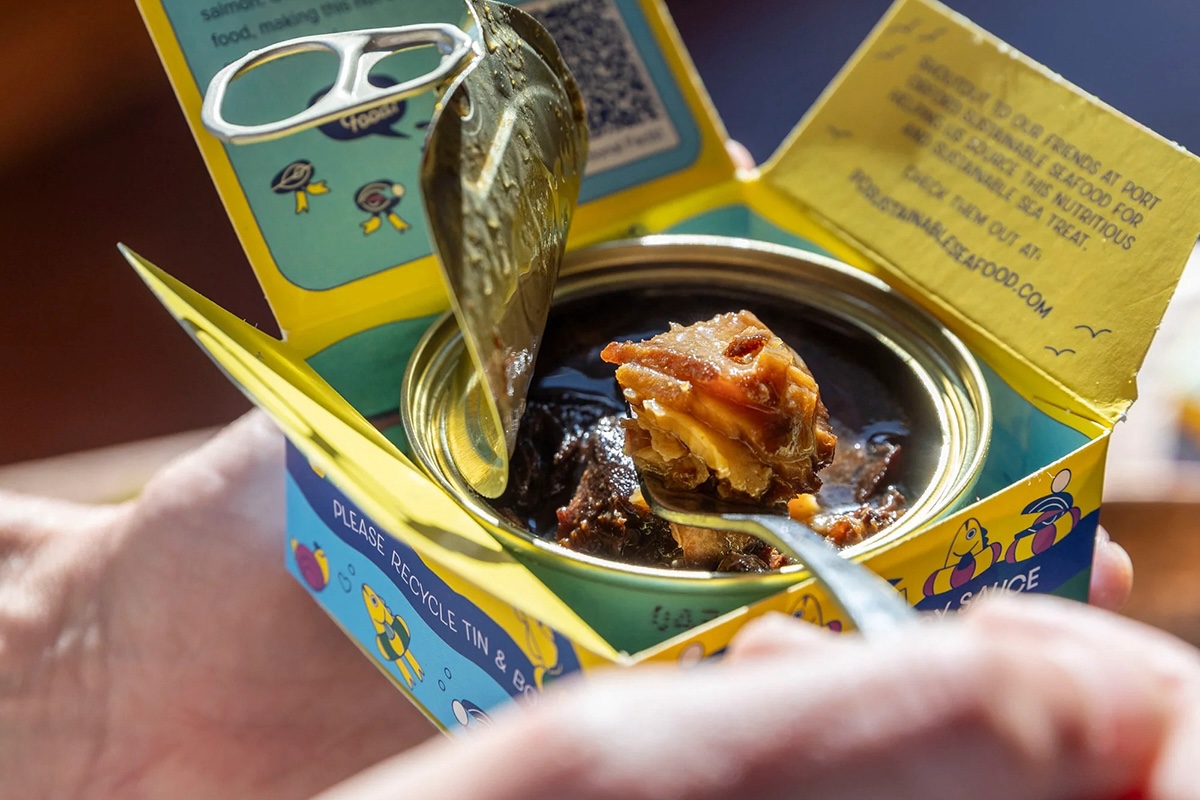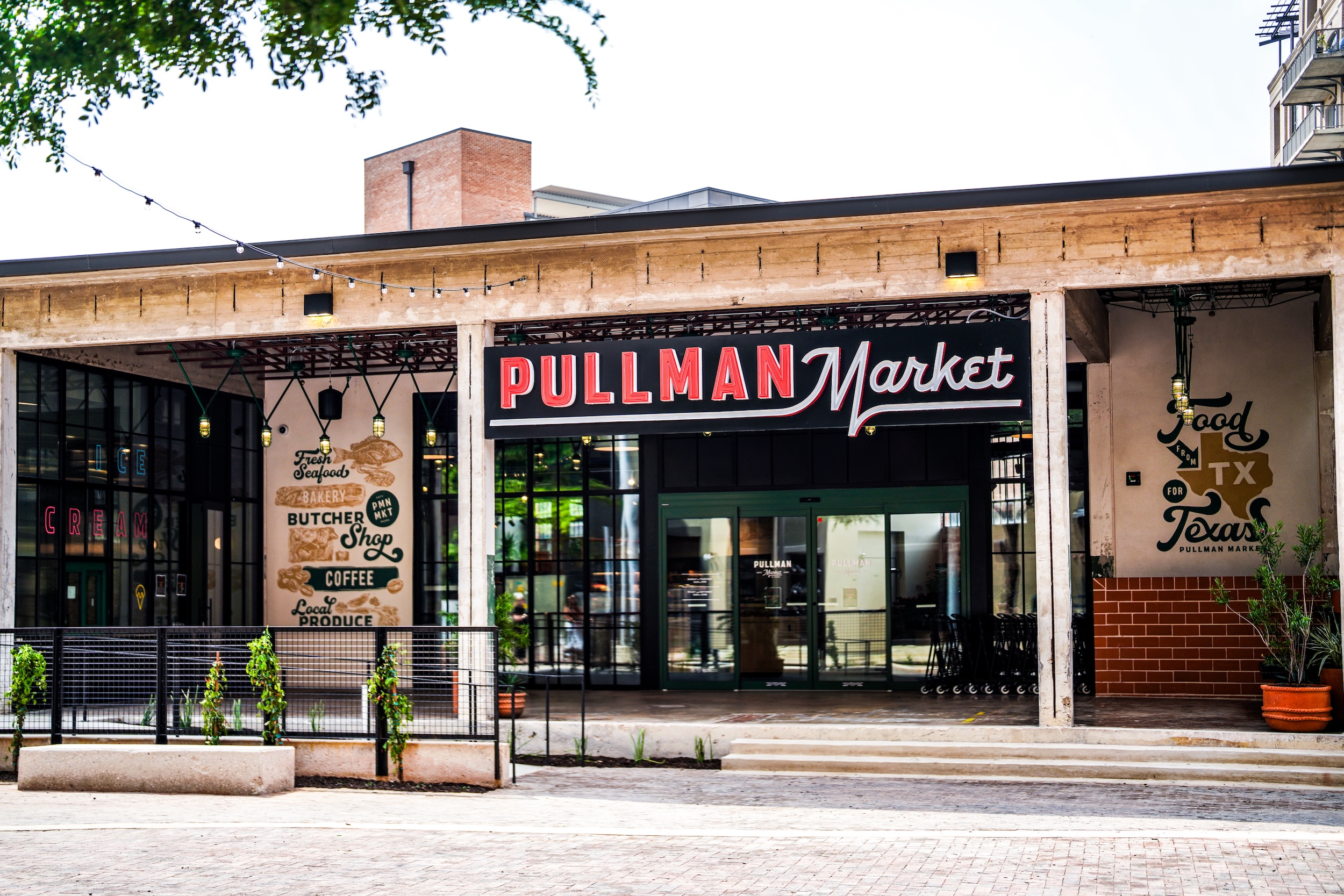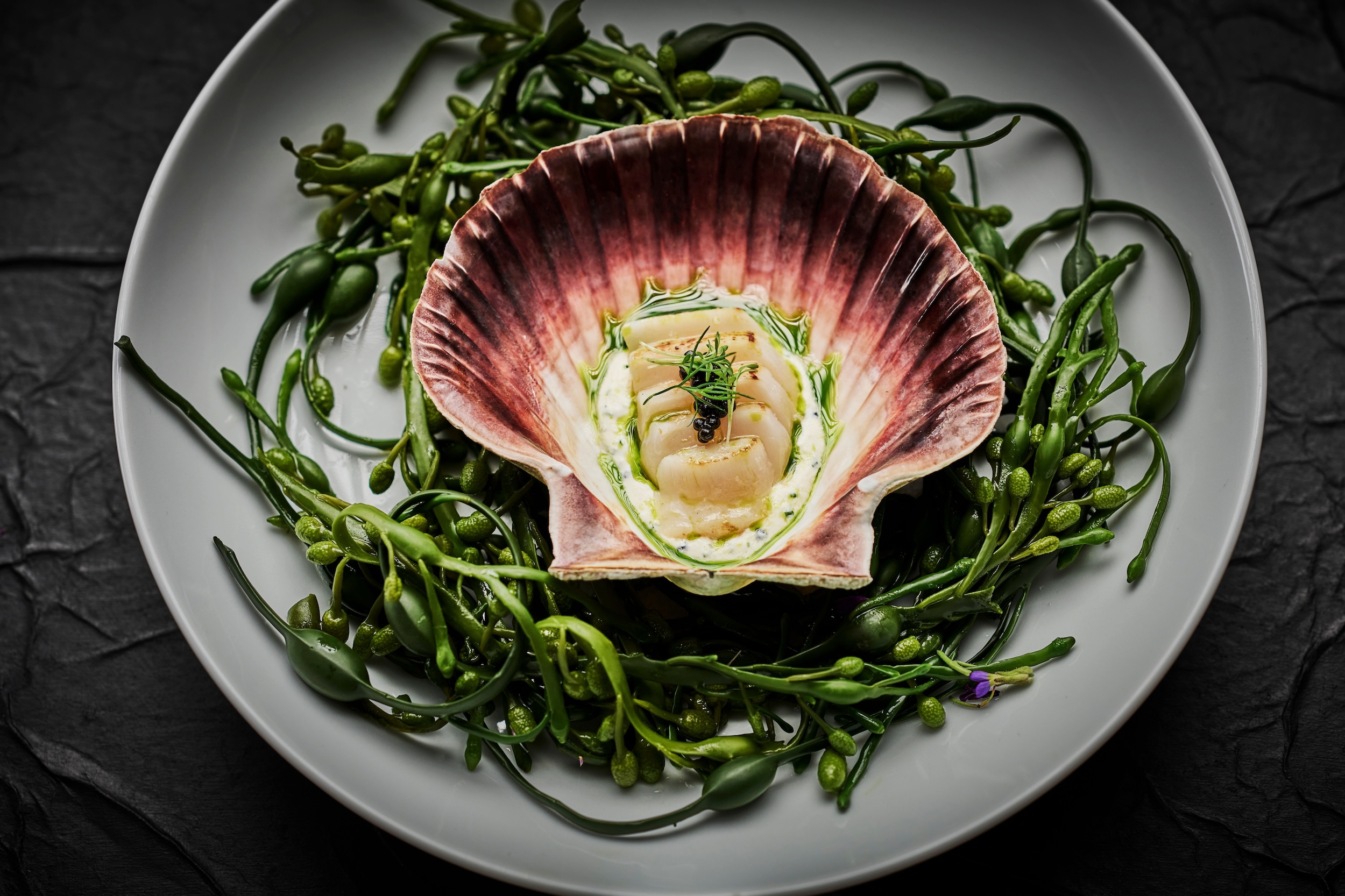NORTH STARS:
Heritage Value
Production & Consumption
Community Support
“It’s coming back bit by bit to create a food system where each region has something unique you can only experience there. When you come to Orchard Kitchen, you taste Whidbey Island.”
Scarlet runner beans shade the late afternoon sun while sweet pea blossoms fragrance the air surrounding communal tables where strangers introduce themselves over a shared meal. Delicate white spoons loaded with crispy Brussels sprouts layered with a velvety soubise sauce and pickled shallots arrive—the amuse bouche offers fodder for Vincent Nattress, Chef and Owner of Orchard Kitchen, as he shares his passion for the community food system on Whidbey Island.
Surrounding the rustic restaurant, 3.5 acres of farmland seeds his tasting menu. The ingredients not grown in the rows bursting with vegetables, he sources hyper-locally.
“I want people to have an experience they can only get [here]. We are using yogurt this week from Glendale Shepherd, the one active dairy on the island. The spruce tips were harvested from the forest today. Everybody has Wagyu and caviar—I want people to come to Whidbey Island and get something completely of this place and of this time,” Nattress said.
Nattress grew up here surrounded by a generation of homesteaders who understood the land. He witnessed the fall of regional agriculture. The turkey farmers and two dairies on the island had to compete with national brands and even those who joined a co-op got priced out. It became less about raising turkeys and selling them to people within a few hours’ drive and more about who had the cheapest turkey. Every point of the gradual slide eliminated smaller farmers who could not compete economically.
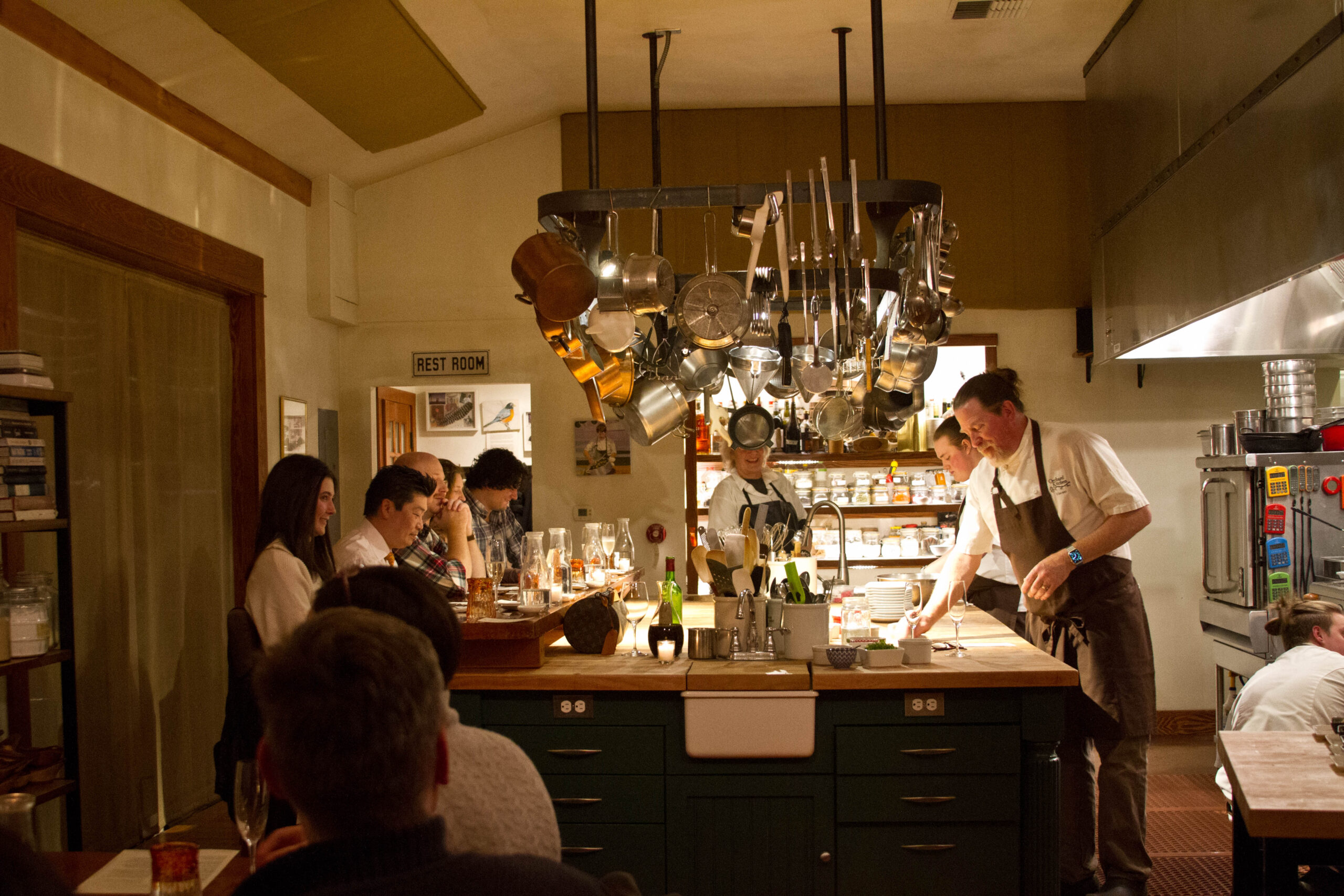
Inside the kitchen with Chef. Photo courtesy of Orchard Kitchen.
“In Coupeville and around the island, all the dairies closed and all the turkey producers stopped producing, it just ended,” Nattress said.
Not yet grasping what was happening around him, he left at 19 to hone his cooking chops in Europe and later, California. He saw the way the restaurants he worked in dealt with small-production poultry and realized what Whidbey lost. At the same time, he worked his way up the ladder to executive chef, but it also meant less and less time on the line. Helming the Meadowood Napa Valley restaurant he realized he had lost his connection to food—he wasn’t touching plates; he wasn’t massaging ingredients; spreadsheets and managerial duties occupied his days.
As the 2008 economic downturn took hold and budgets tightened, Nattress was tasked with cutting costs. But a dictate over sourcing cheaper butter finally tipped him over the edge. “I was miserable. It felt like I didn’t have a purpose. And when they insisted I use something other than Kerrygold, I told them I would not make the food worse to save a nickel. I knew I couldn’t do that anymore,” Nattress said.
He moved back to Whidbey Island and opened Orchard Kitchen, but he knew he needed to find a way to develop the food systems he admired in Europe and California. At the same time, a younger generation of farmers, several from families that farmed on the island forever, reentered agriculture.
But it can’t just be one or two people. It has to be a system to ensure longevity.
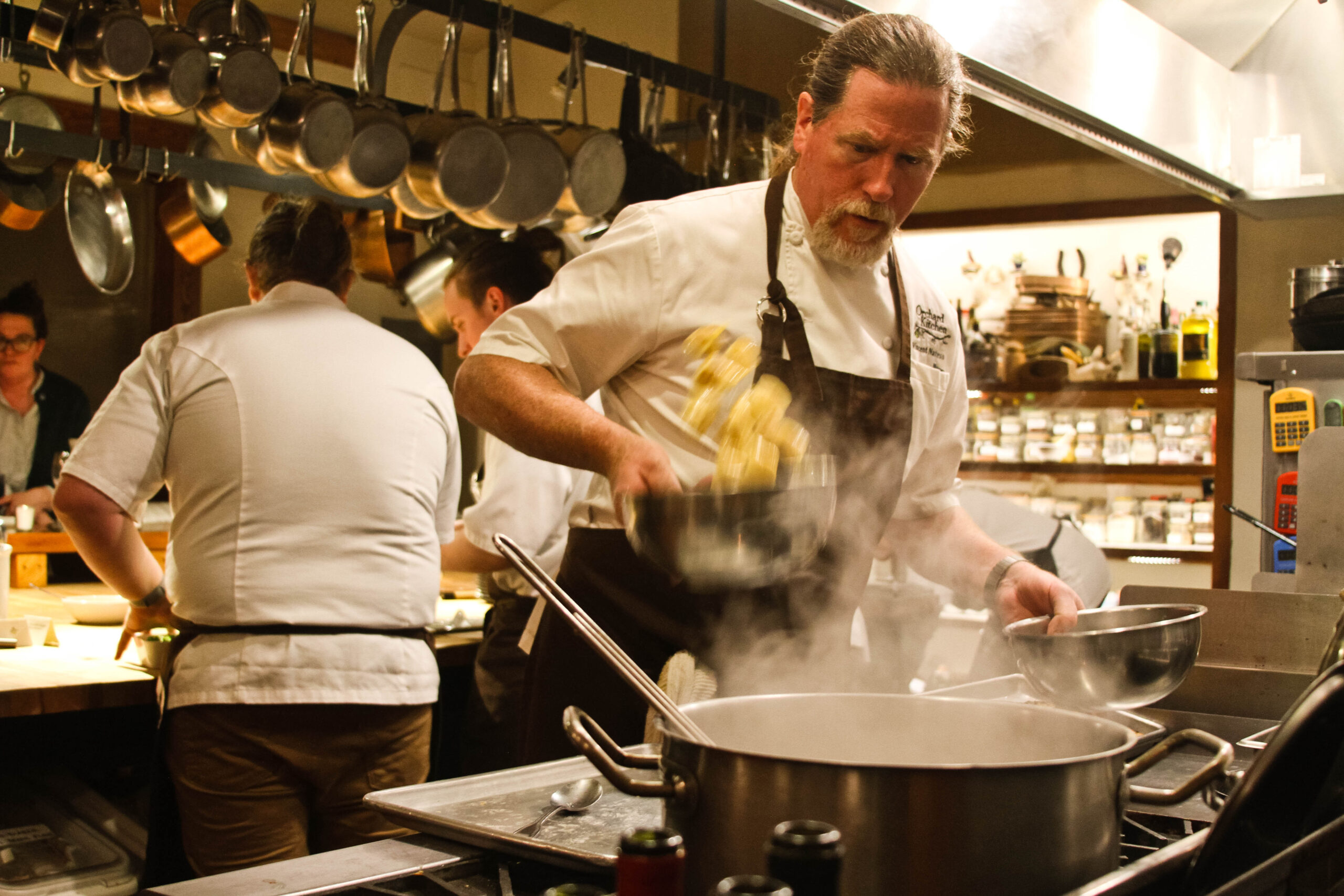
Chef Nattress in action. Photo courtesy of Orchard Kitchen..
The menu at Orchard Kitchen conveys Nattress’ commitment to making that system work—mussels and oysters come from Penn Cove in Coupeville, wine grown and produced just over the hill fills glasses, cheeses hail from a dairy five miles away, and hogget raised by his neighbor on 100% Whidbey Island grass, stars in one course.
In a time when farm-to-table has become a ubiquitous descriptor muddied with overuse, bringing the table to the farm where guests can experience the food on their plate growing around them zooms in on how ingredients travel from soil and sea to restaurant plates. Buzzing in the background, diners at the communal table hear the bees who produced the honey used in their rosemary olive oil cake with lemon curd.
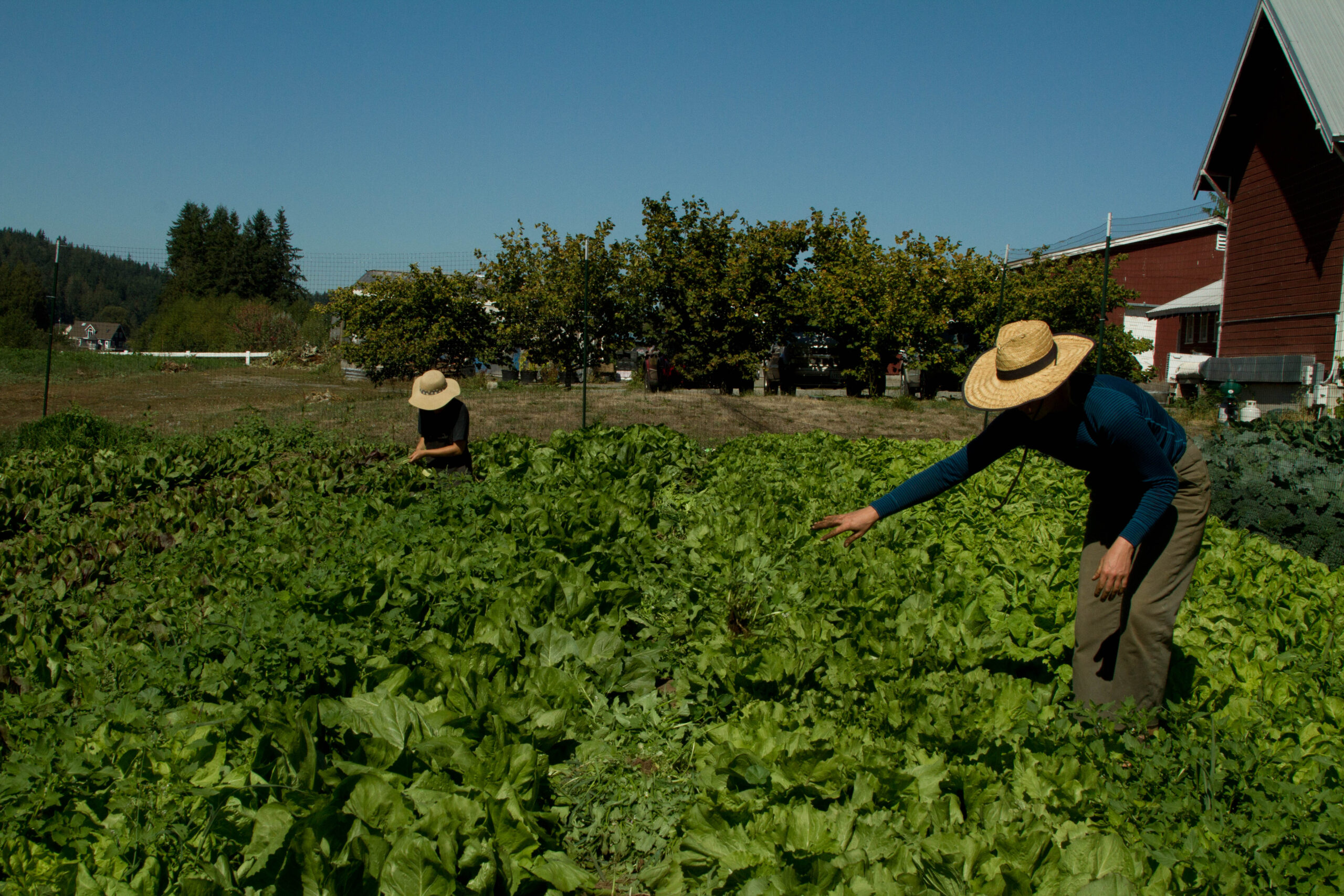
Farm fresh produce. Chef Nattress in action. Photo courtesy of Orchard Kitchen..
The farm stand at the top of the drive bursts with produce the restaurant can’t use, but the Whidbey Island Grown Collective, also known as the food hub, helps drive that food system Nattress chased when he moved back to the island. Started in 2008 with stimulus money, the food hub limped along for a few years. Then the farmers got involved and it evolved into a website that aggregates food from many local farmers. They let the hub know what they have available each week, and the hub sets up a description of the farm, distribution dates, and locations for pickup.
“We had purple sprouting broccoli and greens at a time of year when most farmers don’t have much. Everything sold,” Nattress said. “The food hub relieves one of the pressures on every farmer: how to sell our product.”
For Nattress, cultivating a strong ecosystem that supports locally-grown and produced products long term remains paramount. “The ways people have raised grain, made sourdough bread, raised animals to specific ages, processed locally for ages, all of that is very, very old stuff,” he said. “It’s coming back bit by bit to create a food system where each region has something unique you can only experience there. When you come to Orchard Kitchen, you taste Whidbey Island.”
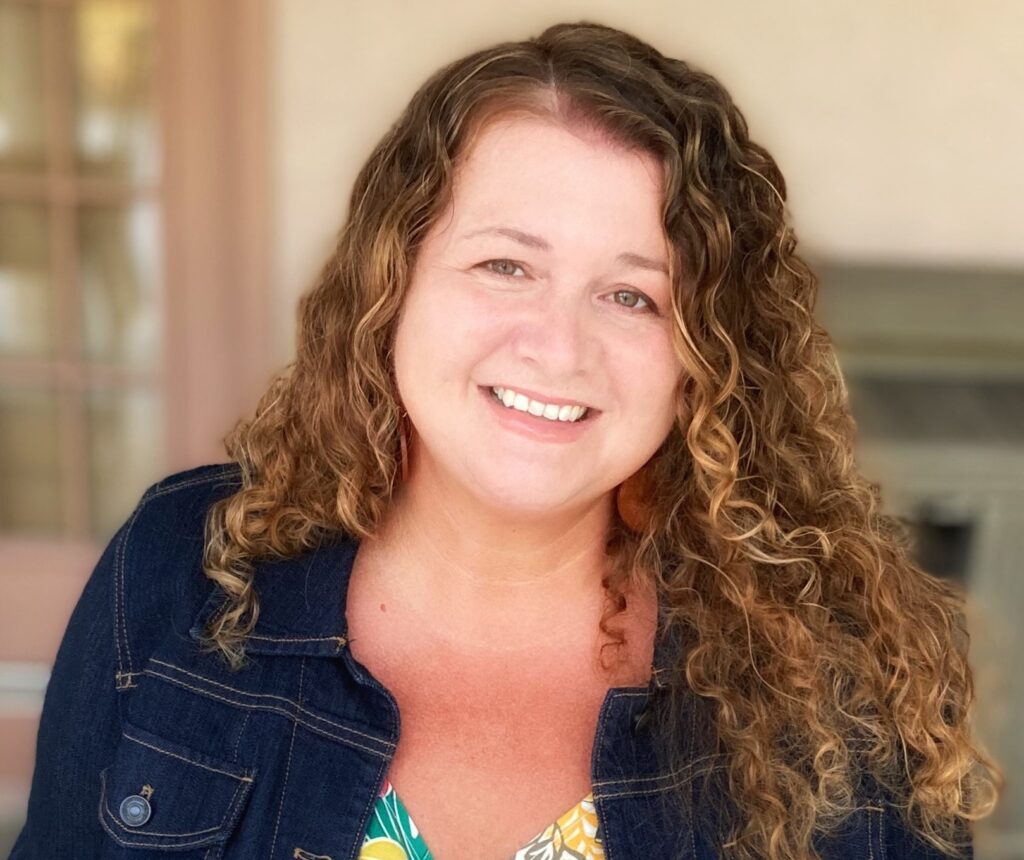
Carrie Honaker is a Florida-based food and travel writer who is not sure where she will land next, but it will involve messy eating, a spicy Tempranillo, and finding the local farmers market. She has hauled oyster cages off the Forgotten Coast of Florida, harvested indigenous crops with the Abenaki Tribe in Vermont, learned to make beef patties from a Jamaican auntie, made Guavaberry Liqueur with a 7th generation distiller on St. Maarten, and stomped cacao pods in Grenada. Follow Carrie on IG @writeonhonaker.
North Stars: Community Support, Heritage Value, Production & Consumption


